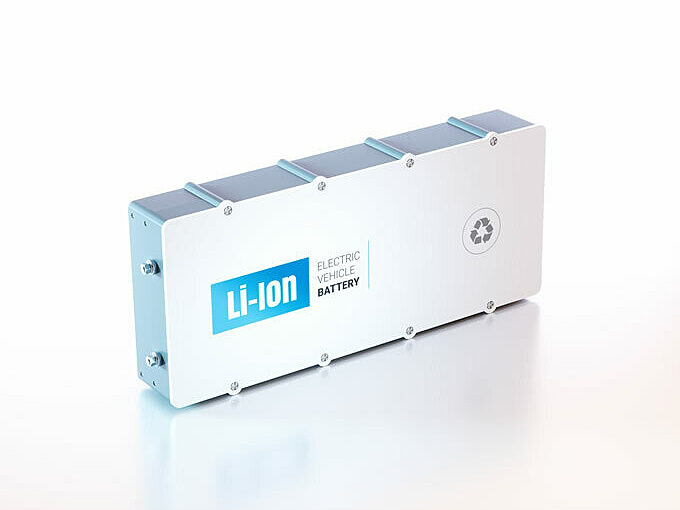Lucideon, along with project partners, KWSP and Loughborough University, has received funding as part of UKRI's Faraday battery challenge fund to assess two technologies to manufacture components for solid-state batteries
The funding is provided through the Government's modern industrial strategy by UK Research and Innovation. The Faraday battery challenge is investing up to £318 million in research and innovation projects and facilities to drive the growth of a strong battery business in the UK.

The project partners will assess two complementary technologies, Additive Manufacturing (AM at Loughborough University) and contactless Field Enhanced Sintering (c-Flash at Lucideon) to manufacture thin, textured/designed films of solid electrolytes for Li-ion and Na-ion batteries. This new method of manufacturing addresses three of the main technological challenges with solid-state batteries: thin film processing, increasing electrolyte/electrode interfacial area and minimising ion volatilisation.
Stuart MacLachlan, head of R&D at Lucideon, said:
"This project will simultaneously target benefits in resource and energy efficiency, assessing the possibility of combining two novel and highly efficient technologies to exploit the strengths of both systems.
"What's more, the project partners will be developing the processes and pilot scale manufacturing (at KWSP) in parallel in order to expedite technology exploitation."
Sandra Fisher-John, Product Manager, Technologies, at Lucideon, said:
"A breakthrough from this project could create a unique technology for exploitation in the UK, allowing the UK to become a leader in low energy and low waste manufacturing methods.
"Solid-state batteries made by this route could take significant shares of the EV battery market and adoption by the UK battery supply chain would reinforce the UK's ability to grow and compete in this sector."
Bala Vaidhyanathan, Professor of Advanced Materials and Processing at Loughborough University, said:
"This project for the first time will combine Additive Manufacturing and Field Assisted Sintering Techniques to exploit the design freedom offered at the macro-structural level and the high surface area fine grains at the micro-structural level to realise significant performance gains in solid state batteries. The successful outcomes could help to rewrite the rules of efficient battery manufacturing."
Henry Jones, Chief Operating Officer at KWSP, said:
"KWSP has significant history in the development of additive and battery manufacturing technologies. This project will build on the collaborative successes of previous projects combining skills from academia, research and industry to springboard a next level development in solid state battery technology and manufacture."
July 2021
